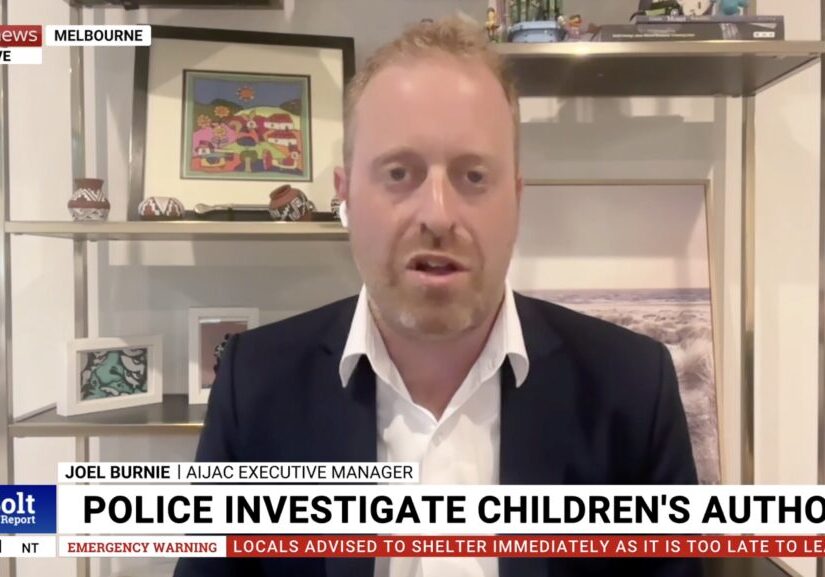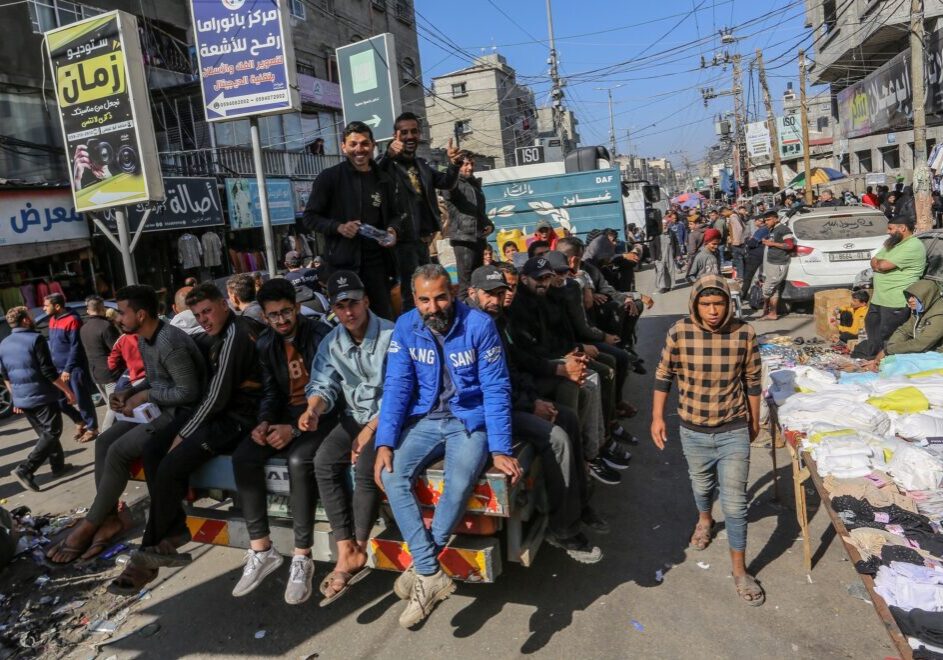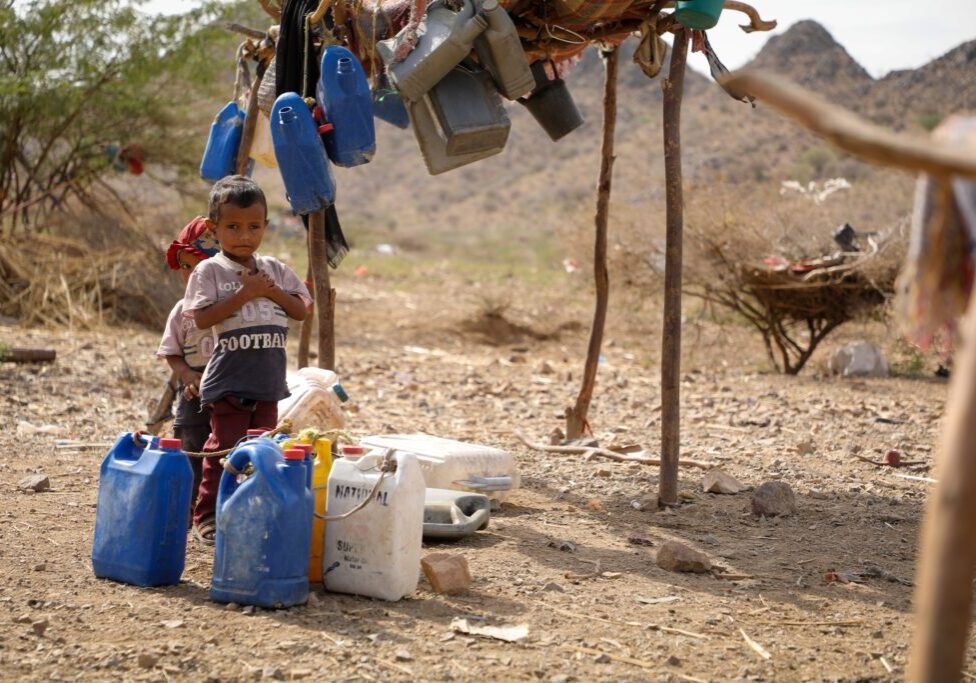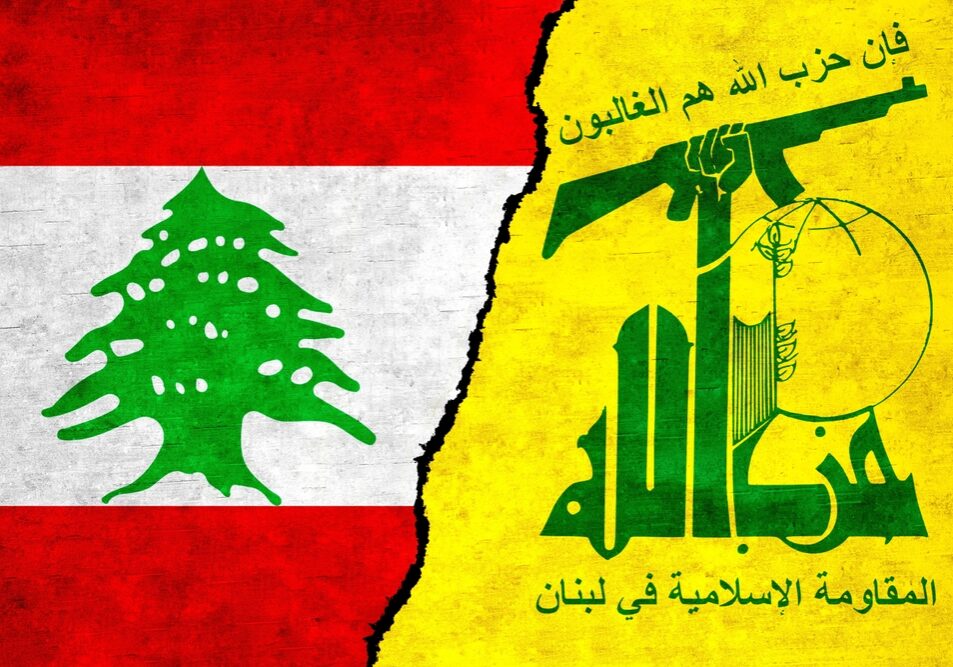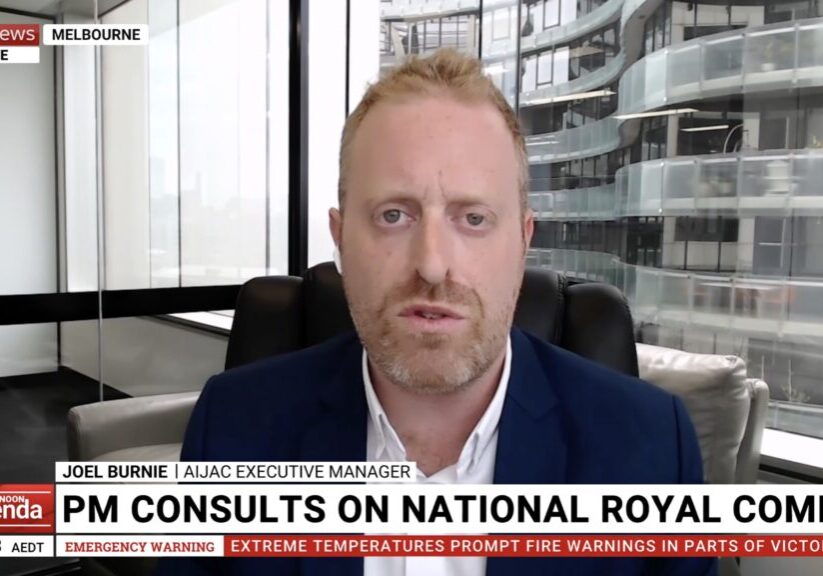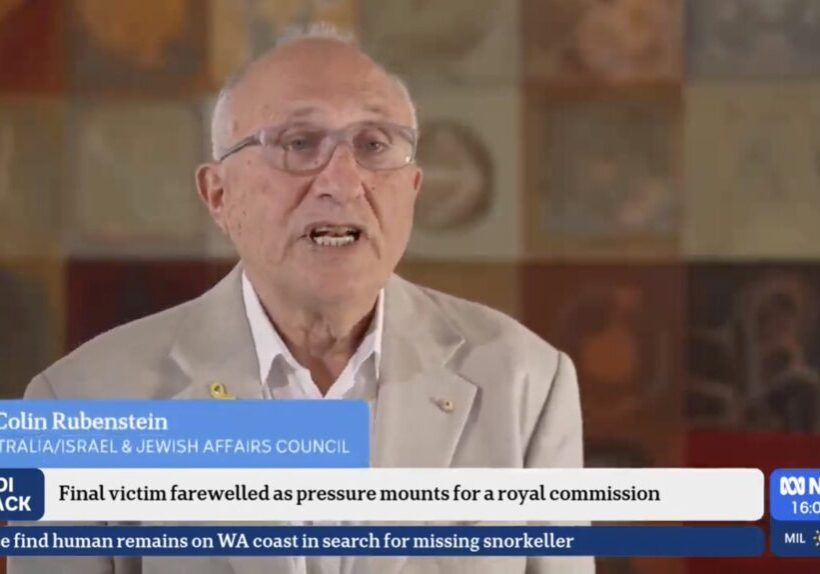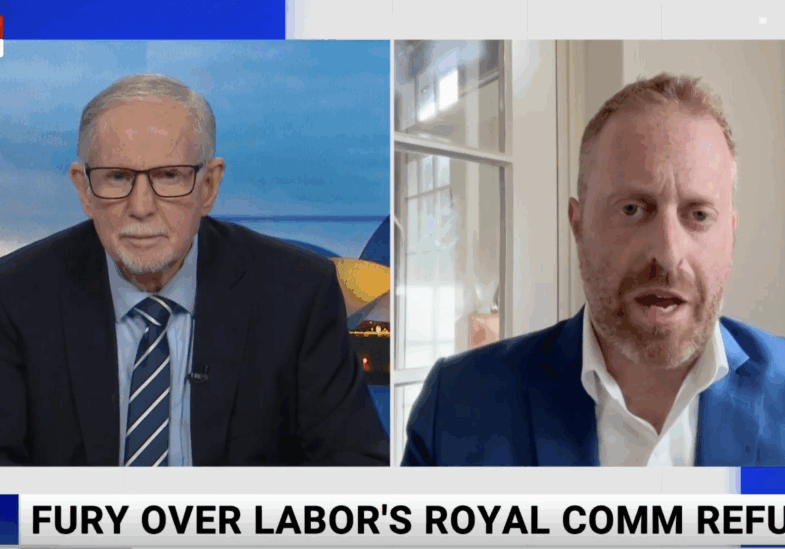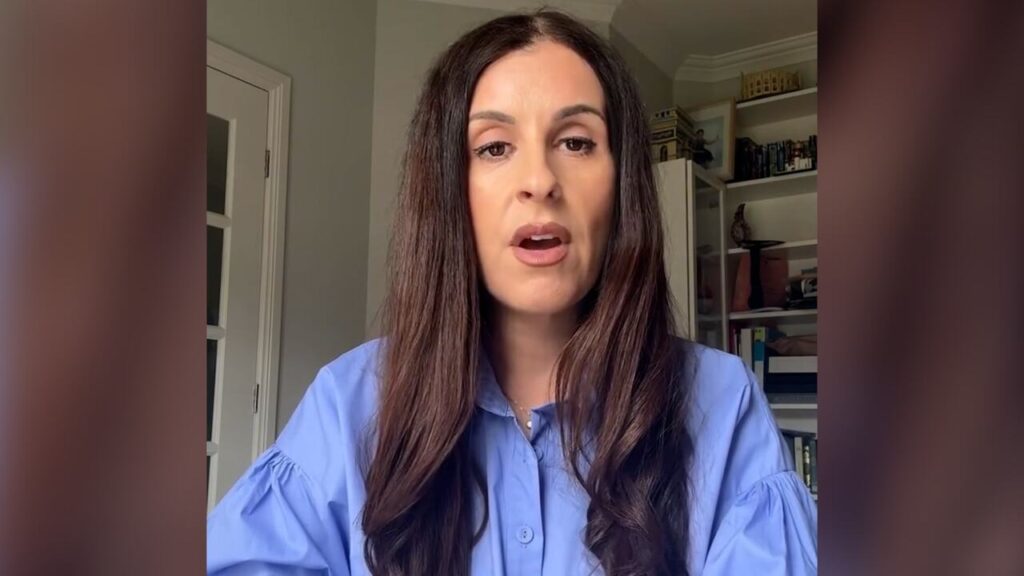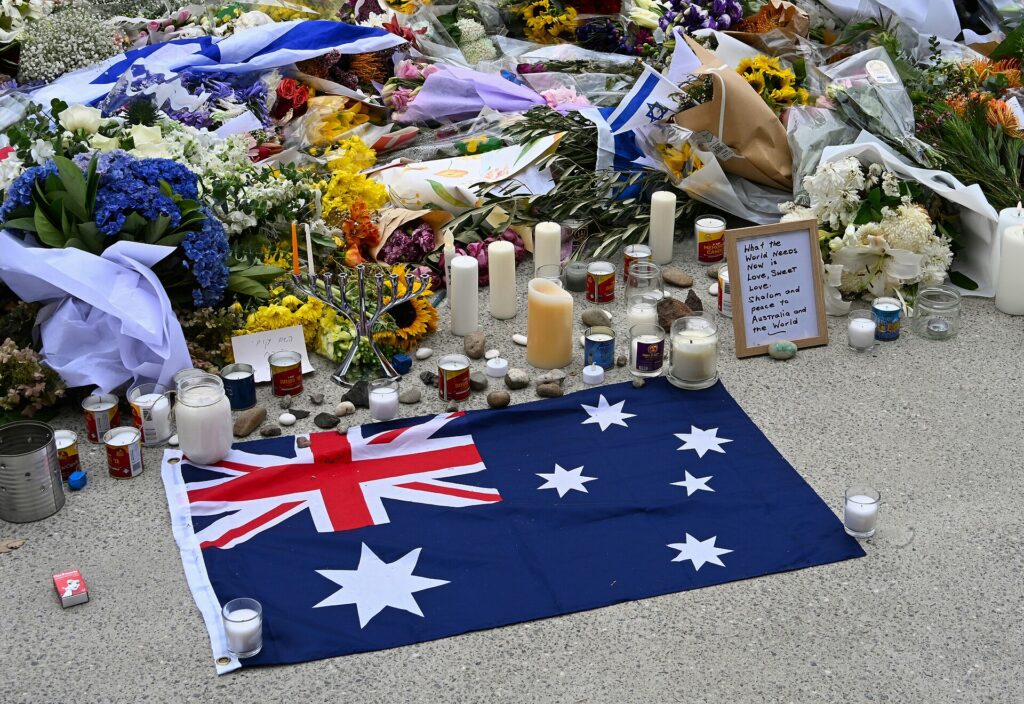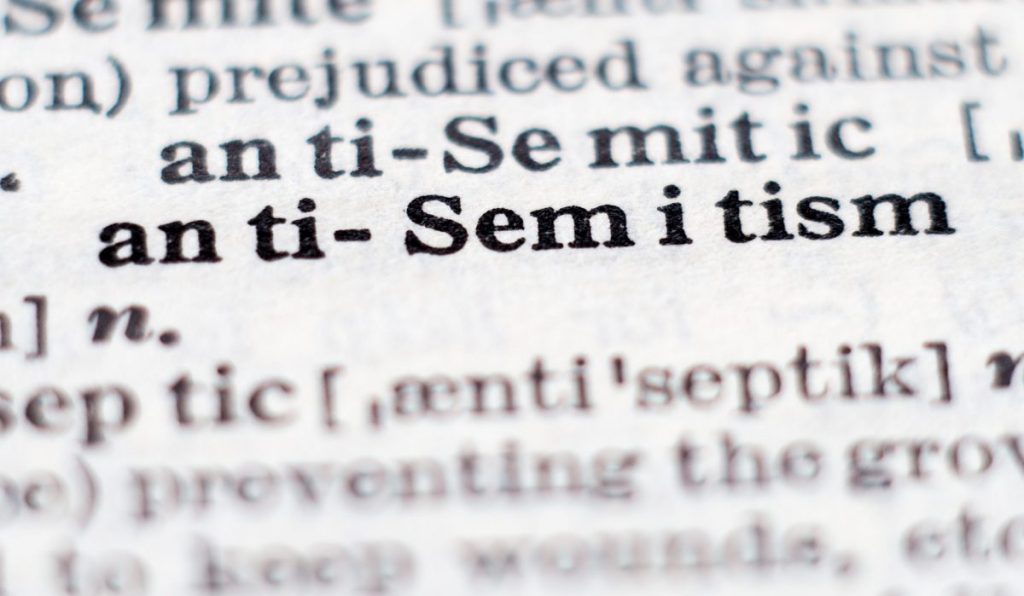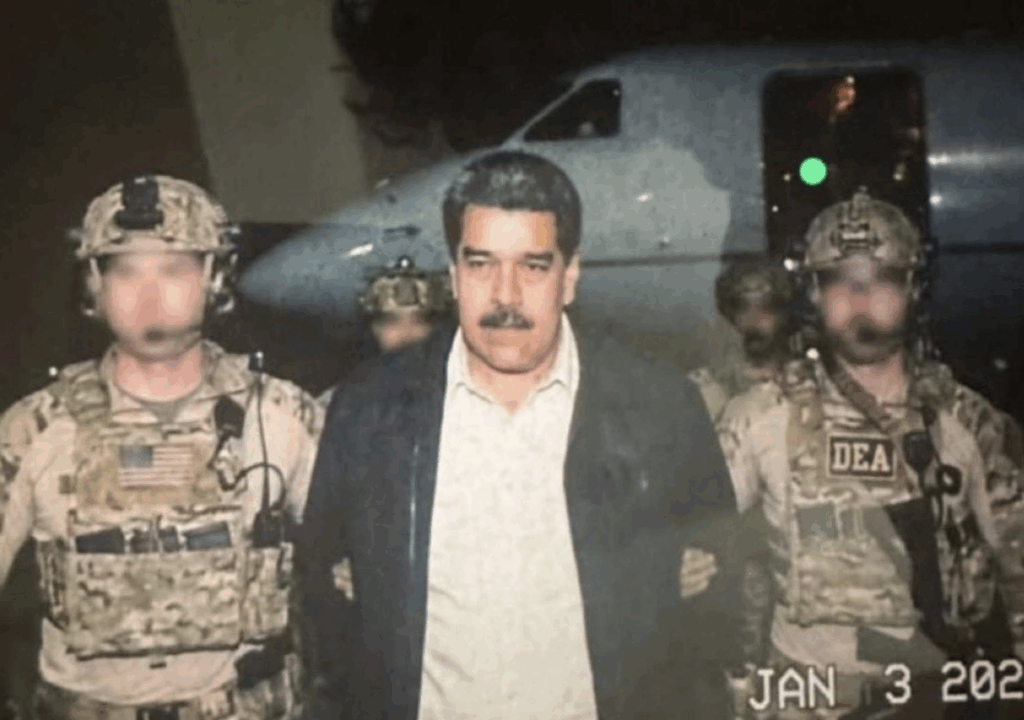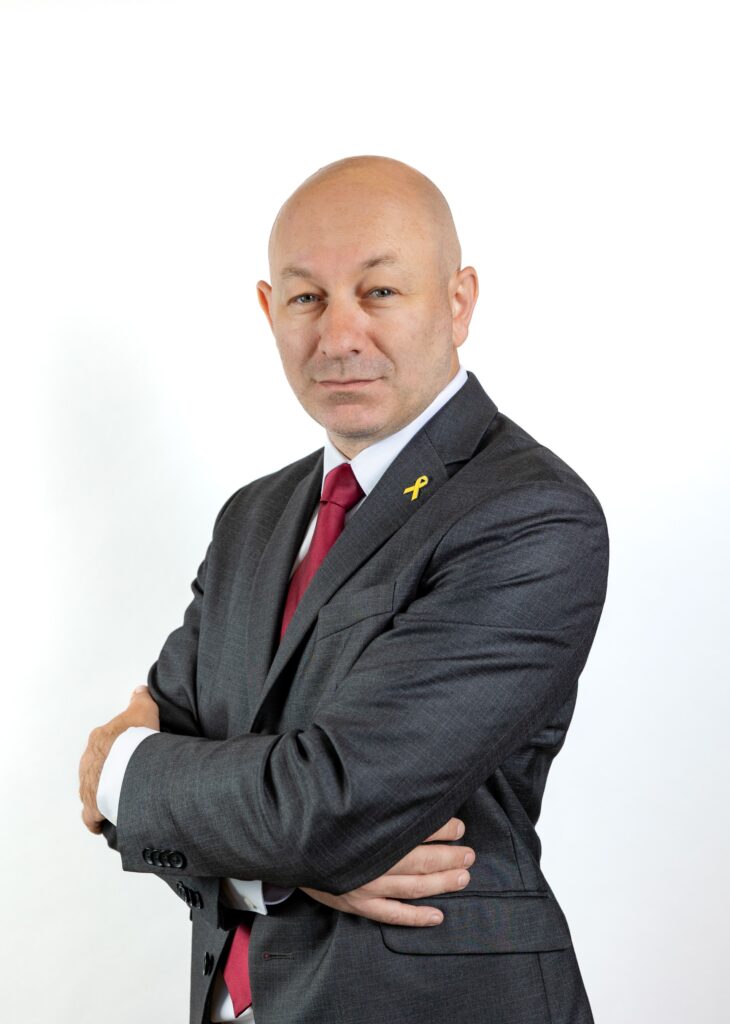FRESH AIR
Trump clarifies – he is backing a two-state solution
September 27, 2018 | Naomi Levin
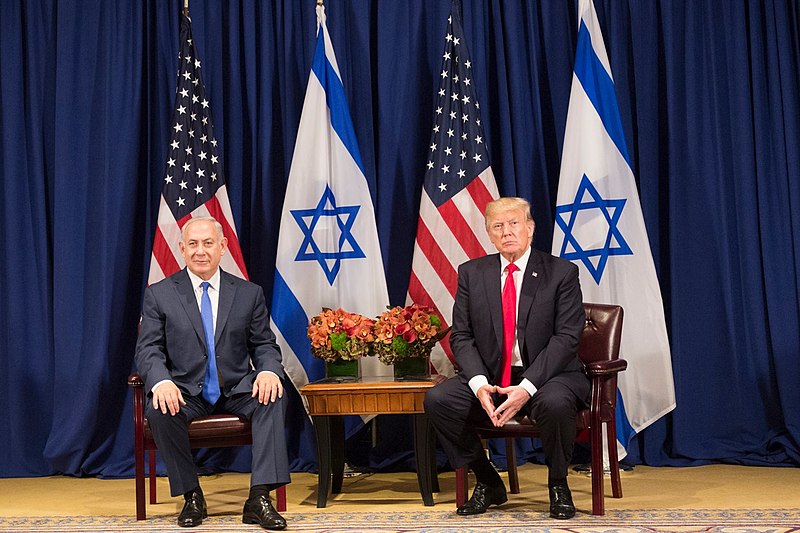
US President Donald Trump has just expressed in clearest terms his support for a two-state peace for Israel and the Palestinians.
While this may seem an uncontroversial statement, there has been a prevailing wisdom among many commentators that Trump has called into question or ended US support for a two-state outcome.
The matter was cleared up on Wednesday in New York, when Trump and Israeli Prime Minister Benjamin Netanyahu met on the sidelines of the United Nations General Assembly.
With typical Trump syntax, the US President told media “I like two-state solution. That’s what I think works best.”
While a two-state peace has been official US policy since 2002 – and was tacit policy under the previous Clinton Administration as well – Trump arguably sent mixed messages when he presented both two states and one state as an outcomes in February last year, with little additional detail.
Back then, in a joint press conference with Netanyahu at the White House, Trump sent the commentariat into a spin with his remark: “So I’m looking at two-state and one-state, and I like the one that both parties like.”
While he did not explicitly endorse a single state for both Israelis and Palestinians, Trump’s confused and unclear statement left many scratching their heads.
But with his recent comments, Trump – whose Administration is working on a new peace plan that he expects to be completed by early 2019 – has clarified his own position. He favours two states, and in his previous remarks, was apparently merely stressing he would be open to anything that came out of the bilateral negotiations.
This should put to rest claims, like those by Age Features Editor Maher Mughrabi from earlier this month, that Trump had ended “ a decades-old US commitment to the two-state solution.”
These same commentators also revel in the – again misguided – belief that Netanyahu has abandoned the idea of a Palestinian state alongside Israel.
As well as expressing his wish for two states in the clearest terms in 2009, Netanyahu reiterated that support following his election victory in 2015.
What many don’t like though, is Netanyahu’s nuance. He supports a Palestinian state, but – and there is an important but – it must acknowledge that Israel is a Jewish homeland and a Palestinian state must be demilitarised.
Thus, in the aftermath of the media conference with Trump, Netanyahu reportedly told reporters in answer to questions about Trump’s two-state comment, “I told the President that what is important is that the Palestinians won’t be able to threaten us, and for that reason there must be complete Israeli security control.” He added a future Palestinian state should be more “like Costa Rica than Iran.”
In other words, Netanyahu strongly implied that he is anticipating negotiations for establishing a Palestinian state, and wants to discuss the security arrangements that must accompany its establishment.
This amounts to pretty clear support for a two-state peace, provided Israel’s security needs can be met. And this proviso hardly seems unreasonable given that the signing of the Oslo Accords led to the terrorist Second Intifada and the Gaza pull-out led to a Hamas takeover, and continuous rocket, tunnel and arson attacks from Gaza ever since.
Hopefully, the repudiation of these two myths about both Trump and Netanyahu will allow the world to look more closely at what the real barriers currently are to a two-state peace.
Tags: Israel, Palestinians, United Nations, United States
RELATED ARTICLES

Anti-Israel protesters’ deafening silence on Iranian repression: Arsen Ostrovsky on Sky News
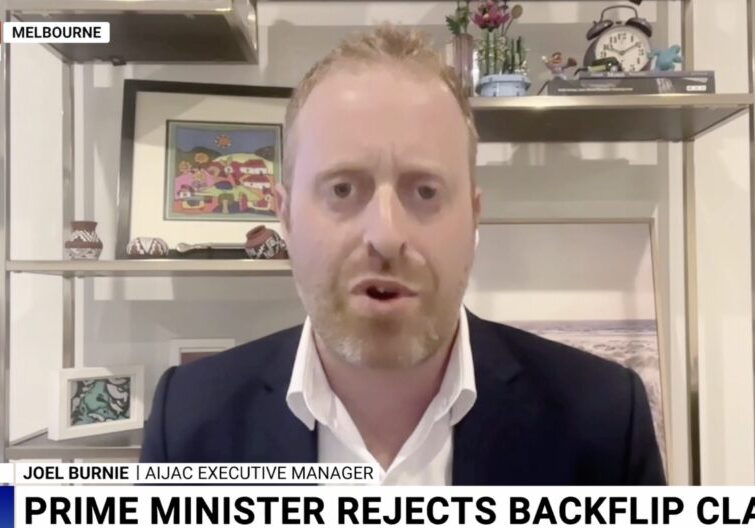
Australian Jewish organisations will offer strong support to Royal Commission: Joel Burnie on Sky News
